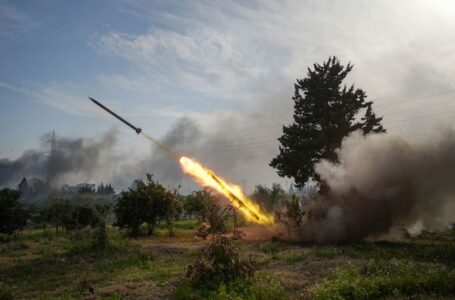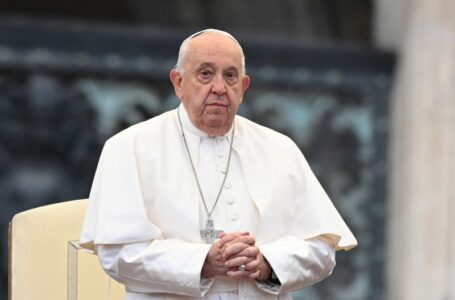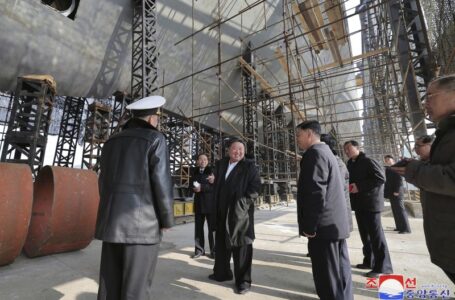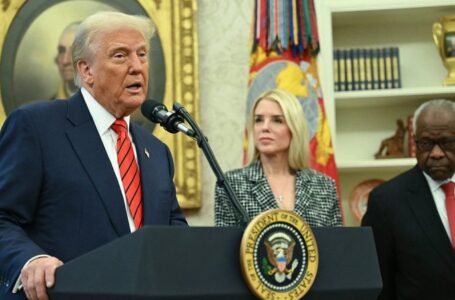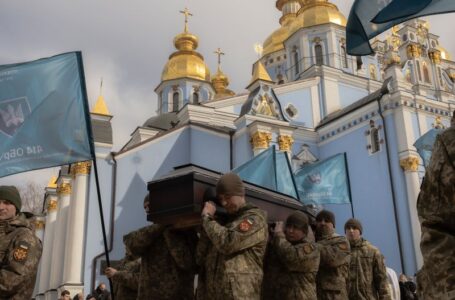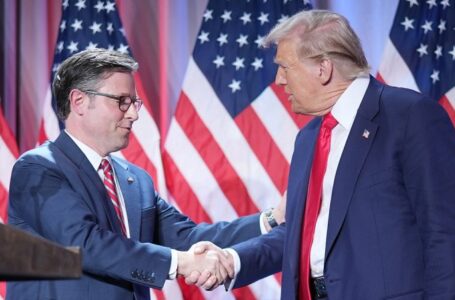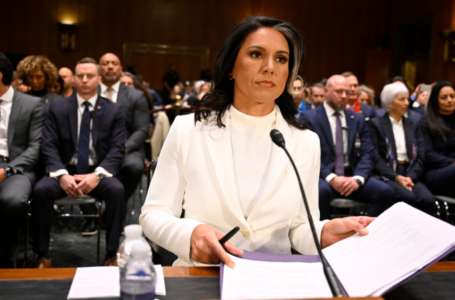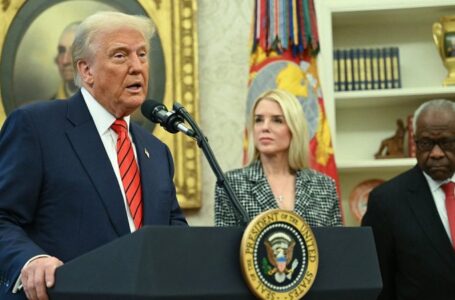Syria clashes have killed more than 300 people since Thursday, monitoring group says
Protest erupts in Venezuela as questions grow over strongman Maduro’s victory
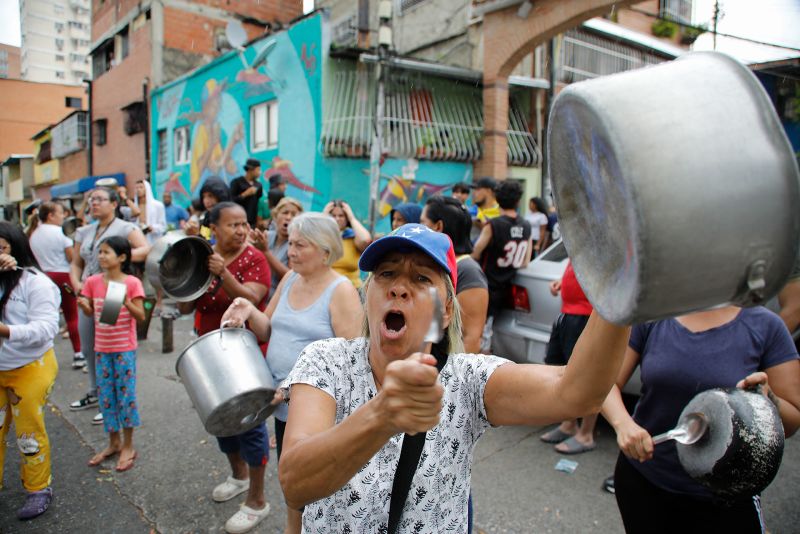

Protests broke out in several Venezuelan cities on Monday after authoritarian leader Nicolás Maduro was formally declared a winner by the county’s electoral authority in a presidential race marred by accusations of electoral fraud.
In the capital of Caracas, protesters blocked roads, while hundreds more were seen walking down a main road banging pots and pans in protest against Maduro’s victory on Sunday. At the city’s main military base, where Maduro lives, people were seen setting fire to the strongman’s election posters.
The next 24 hours will be key in seeing how Maduro responds to the allegations against him. Analysts say there could be a new wave of unrest in the country if there are widespread protests against the regime. Street demonstrations in previous years were crushed by the country’s military, which has long supported Maduro and his predecessor, the late Hugo Chavez.
Maduro smiled as he entered the National Electoral Council (CNE) before a Monday ceremony at which he was declared the winner, receiving cheers and congratulations from many in the audience. The CNE, which is stacked with Maduro allies, has yet to issue final vote tallies from Sunday’s election.
“Venezuela has the best electoral system in the world!” CNE president Elvis Amoroso announced before proceeding with the formal announcement.
But the vote was riddled with claims of irregularities. It included opposition witnesses being denied access to the National Electoral Council (CNE) headquarters as votes were counted and the electoral authority allegedly prevented more votes from being processed.
Maduro’s government controls almost all state institutions, including the CNE, which was accused in 2017 of manipulating turnout figures by a software company that provided the voting technology. The CNE previously denied the assertion.
The opposition coalition, headed by Maria Corina Machado, earlier rejected Maduro’s win, saying the opposition’s records show that opposition candidate Edmundo Gonzalez received 70% of the votes against Maduro’s 30%. “We won, and everyone knows it,” Machado said. The coalition plans on making a statement later on Monday.
Machado is part of a unified opposition movement that overcame their divisions to form a coalition known as the Democratic Unitary Platform. Its energized campaign, which enjoyed strong polling figures prior to Sunday’s vote, was seen as the biggest challenge to Maduro’s rule.
Calls for transparency
The United States is among regional leaders, including Peru and Chile, that have raised questions about the validity of the result.
Brazil, an important regional player, was softer in tone but said it was awaiting “the publication by the National Electoral Council of data broken down by polling station, an essential step for the transparency, credibility, and legitimacy of the election results,” according to a statement by the foreign ministry.
The US on Monday joined Venezuelan civil society groups and the opposition by calling on Venezuela’s government to “immediately” release specific data on the presidential election, citing concerns about the credibility of Maduro’s victory.
Senior Biden administration officials on Monday said Venezuelan election authorities must release the “detailed precinct level results” from the election. One senior administration official noted that this data is required under Venezuela law and should be immediately available. Another said that if the election results are credible, “then this should be a very simple act and one that they would be able to fulfill quite easily.”
“If there is resistance to providing that additional information, then I think that becomes highly problematic when it comes to the ability of the United States or other members of the international community to judge whether these elections were in fact inclusive and credible,” the second official said.
“Our deepest concern at this juncture is that the analysis and data that we have about this election – which is independent from the National Electoral Council results – is at odds with the results as they were announced by the Venezuelan authorities. And so that discrepancy, in our view, needs to be investigated and addressed before we can close the books on this election,” the second official added.
The officials declined to give specifics on the actions the US or international community would be prepared to take if the Venezuelan authorities do not release the data or if the results are determined to be fraudulent, but they did not rule out sanctions.
US sanctions against Venezuela were first imposed in 2017 and gradually increased as the South American country’s political crisis deepened in the following years. The opposition’s accusations cast doubt on Venezuela’s return to the international stage after Maduro pledged last year to hold free and fair elections in US-brokered talks, in exchange for sanctions relief.
The first official said they would begin to have conversations in forums like the Organization of American States (OAS) and the G7 about the “collective way forward.”

